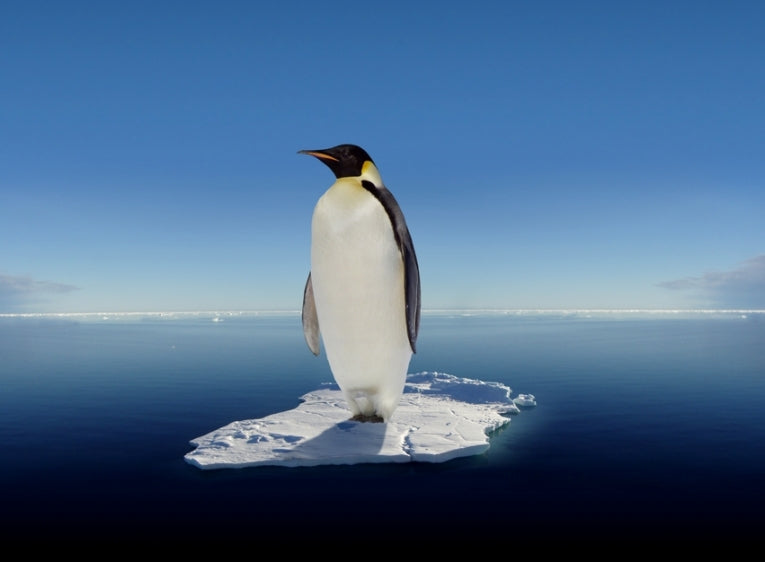Reports from the US National Oceanic and Atmospheric Admin (NOAA) paper in Science last week point to a drastic change in climate. This opposes the previous view, especially from the US, that climate change was gradual and even negligible!
For 1500 years, nothing like this has ever ruffled the feathers of the planet. The report has prompted the UN's Christiana Figueres, to comment on how - "staggering global temperatures show an urgent need to act. Rapid climate change must be countered with accelerated action."
What we need to do is realise that many countries such as the US, India and China need to stop using fossil fuels. Pieter Tans from NOAA says the human influence and decision making process has now completely failed to avoid the 2°C temperature rise that was supposed to be the limit until 2020.

Atmospheric Carbon Increases; Credit: © NOAA, SCRIPPS INSTITUTE OF OCEANOGRAPHY
The highest CO2 levels normally occur in April at 396.18ppm last year. (See in the upper graph). We've already reached that this February, with a jump of more than 3 ppm from January. In the 1960s, when coal and oil were being burnt more in many countries, the rate of increase was only half what it is now. Somebody somewhere is breaking the rules on carbon emissions!
NOAA use Hawaii (Mauna Loa) as a perfect sampling spot, well away from their own worst polluted areas, and that of others. Dutch reviews of various assurances show a distinct need by rich countries to reduce emissions by 50% by 2020.
The World Resources Institute hope that, "With an increased level of reductions necessary, it shows that a 2°C goal is still attainable – if we act ambitiously and immediately," in the form of their researcher, Kelly Levin, understandably based in Washington! Australian Tim Fannery is head of their Climate Change commission is more responsibly - "We are entering new climatic territory. And when you get records being broken at that scale, you can start to see a shifting from one climate system to another. So the climate has in one sense actually changed and we are now entering a new series of climatic conditions that we just haven't seen before."
In Australia they know what he means!!! The UK Met. Office is also warning of more frequent floods and droughts, which certainly sounds very extreme for such a temperate area. Let's see what can be done, apart from sitting on our hands, NOAA.










